Author Tran Tuyet Thanh was born in 1979, from Cam Lo commune, living in Nam Dong Ha ward, working in the education and training sector. Besides teaching, Tuyet Thanh is also passionate about literature and arts. She has had many poems and essays published in newspapers and magazines at the central and local levels. Her poems are emotional and profound, especially those about mothers, fathers, soldiers and inner thoughts.
The poem “Returning to Mother’s Hair” is one of the works that leaves a lasting impression on readers. Tuyet Thanh shared: Once, when I returned to my mother’s death anniversary, I stood silently in front of the old garden and the old house. Everything seemed to be still intact, except for my mother. I imagined the image of my mother sitting by the door waiting for my sisters and I to come home from school. In the feeling of emptiness and loneliness because of missing my mother, I composed the poem “Returning to Mother’s Hair” to record my own feelings.
The poem opens with verses filled with nostalgia. The child's return is not simply to return home, to his mother, but also to find distant memories. It is an inner journey, to find the past to face the present. "I return to the old days/Pick up a couple of strands of my hair that have been through the sun and rain/Compare them to my mother's figure/And feel sorry for my mother's hair thousands of years ago..." . The strands of hair, which are a symbol of youth, now bear the heavy imprint of time. The detail "compared to the figure" creates a contrast, on one side is the youth that is passing away, on the other side is the figure of the mother "thousands of years ago" .
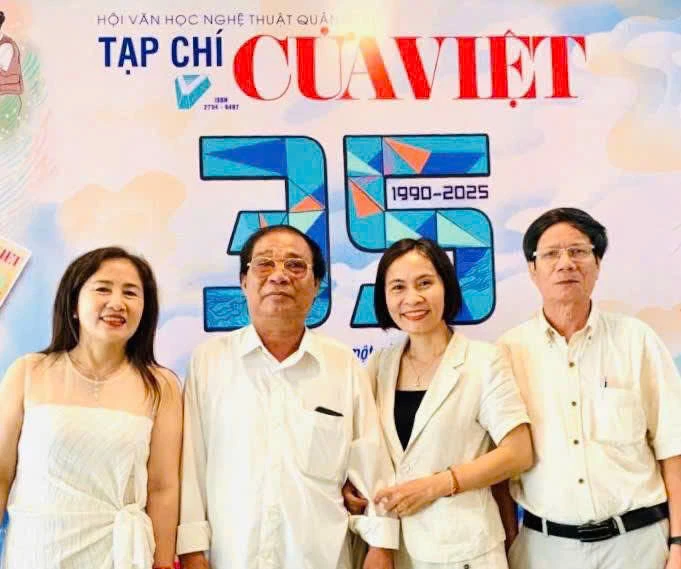 |
| Author Tran Tuyet Thanh and artists of Quang Tri - Photo: Nh.V |
The following verses are filled with the child's feelings, as memories of his mother come flooding back like a slow-motion film. "Looking in the mirror, I find the wrinkles/Of the day my mother wore a headdress to see her husband off/The loneliness of carrying a burden, of carrying a pole/Of the swaying... of the ups and downs of life" ... The mirror here becomes a symbol of reflection, self-questioning, using the mirror to find the image of her mother, the wrinkles that have been engraved on her mother's face. The image of "mother wearing a headdress to see her husband off" evokes the pain of loss, endurance and bravery of Vietnamese women. The use of words like "lonely," "carrying," "carrying," "swaying" skillfully depicts the hardship and instability of her life.
The author emotionally recounted: My father was a soldier, often away from home. My mother shouldered all the family responsibilities by herself. When we had the chance to reunite, my father's health was very weak. The wounds left by bombs and bullets on his body made him often sick and he died early. My mother was a woman who sacrificed her own happiness all her life to fulfill her duties as a daughter, wife and mother.
The last four verses of the poem end with a calm, gentle but haunting emotion: "I came back in time for the sound of the noon chicken/I thought I had found my childhood years ago/I looked for the front house, looked for the back house/Only my mother's hair remained on my head". Even though I had returned to my mother in the peaceful, cozy space of my childhood, and was immersed in the familiar sound of the "midday chicken's sound" , the feeling of emptiness welled up again when I "looked for the front house, looked for the back house" but still could not find my mother and "Only my mother's hair remained on my head" .
The last verse of the poem is like a sad but beautiful note, touching the depths of emotions. Everything the child searches for becomes hopeless, but in the end, the child realizes a great truth: Mother is still there, right in the heart and form that the child has.
The author has gone from pain and loss to realizing a sacred continuity, the eternal existence of maternal love. “Mother’s hair” has now merged with her child’s hair because the mother has passed on to her child all her love, life, memories and time. The poem ends with a blend of nostalgia, love, faith and hope, creating a deep resonance in the reader’s heart.
With a gentle tone, simple poetic language but rich in symbolic images, "Returning to Mother's Hair" is an inner journey of the author, a journey to find himself in nostalgia, in longing, in love for the hard-working mother, the one who gave him a body, love and profound spiritual values.
Tuyet Thanh came to poetry naturally, as an inner need to express her emotions, to listen to herself amidst the chaos of life. She does not force herself to write according to any model or school, but lets her emotions guide her, writing when her heart is filled with emotion. Therefore, poetry for her is not simply a work of art, but also a diary in words, a place to keep the simple joys and sorrows of daily life distilled into emotions.
Poet Vo Van Luyen, member of the Vietnam Writers Association , former Chairman of the Art Council of the Quang Tri Literature and Arts Association (old) said: The appearance of Tran Tuyet Thanh brings something new. She overcomes the barriers of traditional poetics, creating creativity in her writing style. The poem "Returning to Mother's Hair" contains the deep feelings of a child when looking back at himself, not because of regret for youth, but to aim for the form of nostalgia. The poem does not aim for a specific message, but the poetic lines are beautiful, simple, contain moral weight, and penetrate deep inner feelings...
Nh. V
Source: https://baoquangtri.vn/van-hoa/202508/ve-thuong-toc-me-det-noi-nho-thanh-tho-da639eb/



![[Photo] Chu Dau Ceramics – Proud of Vietnamese identity at Exhibition A80](https://vphoto.vietnam.vn/thumb/1200x675/vietnam/resource/IMAGE/2025/9/1/c62ab2fc69664657b3f03bea2c59c90e)
![[Photo] Solemn reception to celebrate the 80th anniversary of the National Day of the Socialist Republic of Vietnam](https://vphoto.vietnam.vn/thumb/1200x675/vietnam/resource/IMAGE/2025/9/1/e86d78396477453cbfab255db1e2bdb1)
![[Photo] Celebration of the 65th Anniversary of the Establishment of Diplomatic Relations between Vietnam and Cuba](https://vphoto.vietnam.vn/thumb/1200x675/vietnam/resource/IMAGE/2025/9/1/0ed159f3f19344e497ab652956b15cca)
![[Photo] People eagerly wait all night for the parade on the morning of September 2](https://vphoto.vietnam.vn/thumb/1200x675/vietnam/resource/IMAGE/2025/9/1/0cf8423e8a4e454094f0bace35c9a392)
![[Photo] General Secretary receives heads of political party delegations from countries attending the 80th anniversary of our country's National Day](https://vphoto.vietnam.vn/thumb/1200x675/vietnam/resource/IMAGE/2025/9/1/ad0cb56026294afcae85480562c2e790)
![[Photo] National Assembly Chairman Tran Thanh Man receives Cambodian Senate President Hun Sen](https://vphoto.vietnam.vn/thumb/1200x675/vietnam/resource/IMAGE/2025/9/1/7a90c9b1c1484321bbb0fadceef6559b)
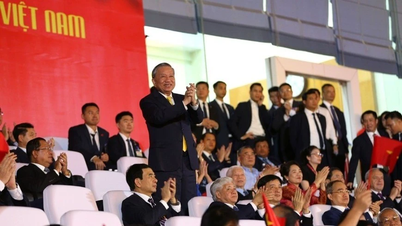

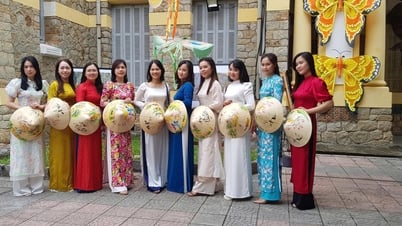



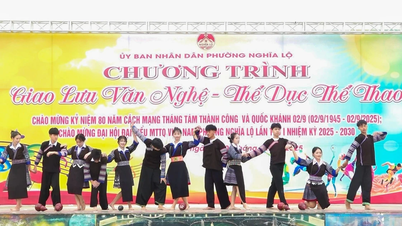
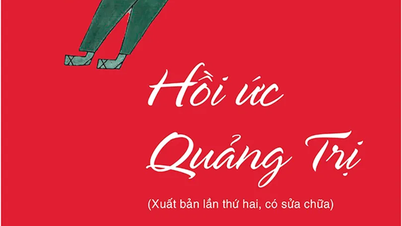

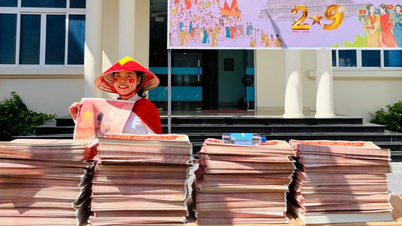





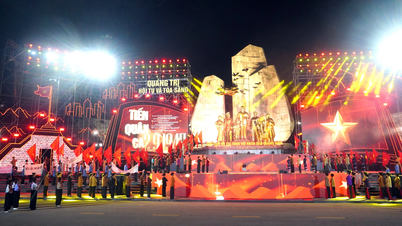

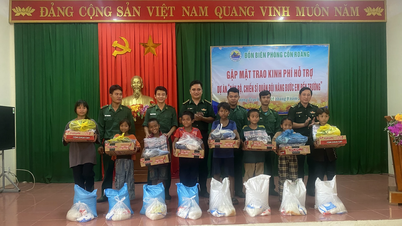
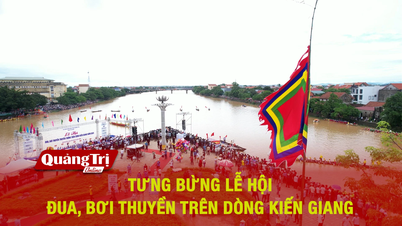
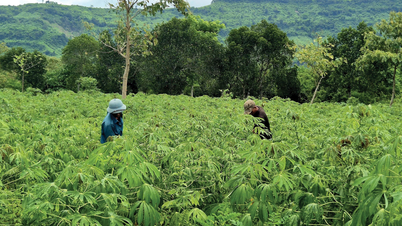
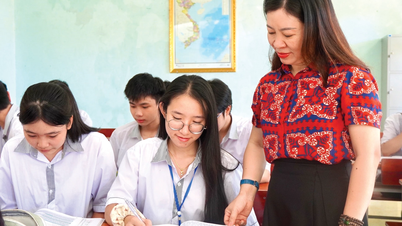
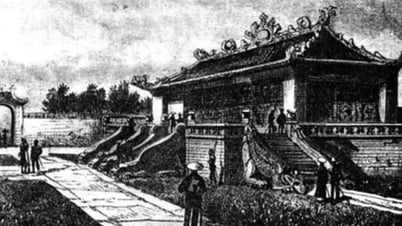

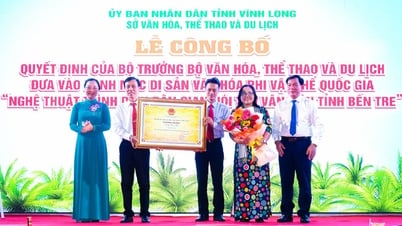

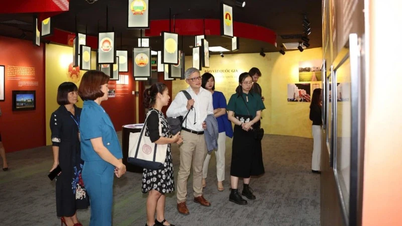








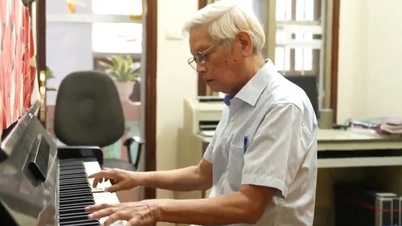
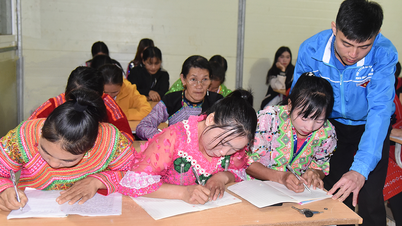



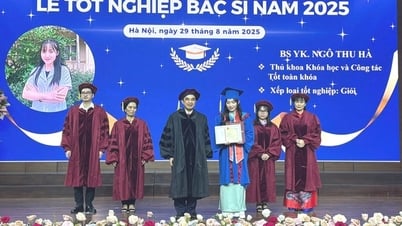









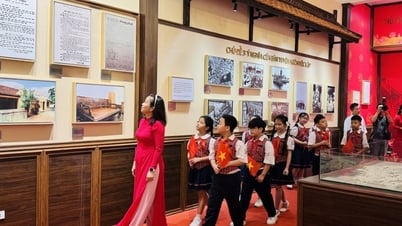
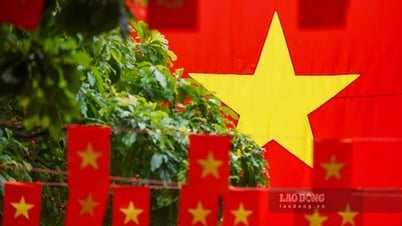



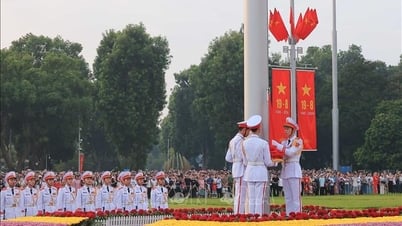

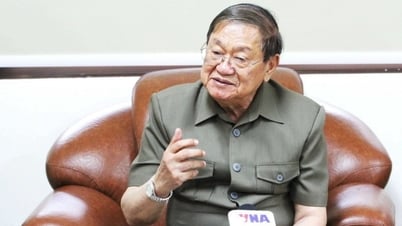

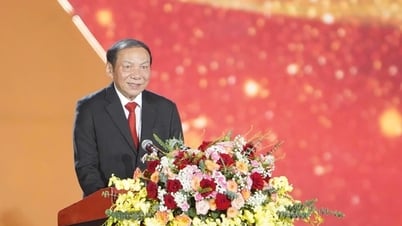

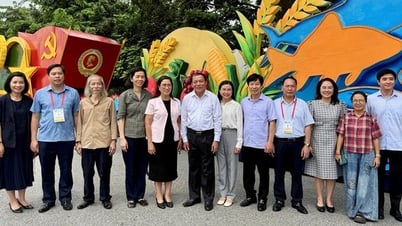
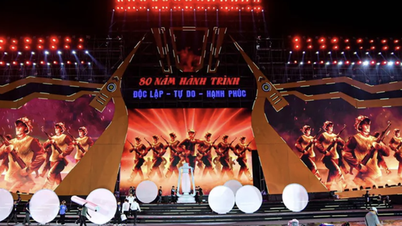
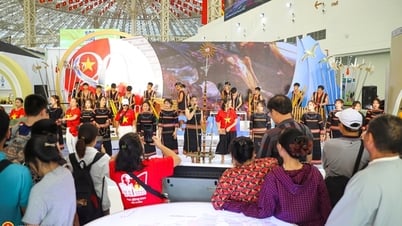
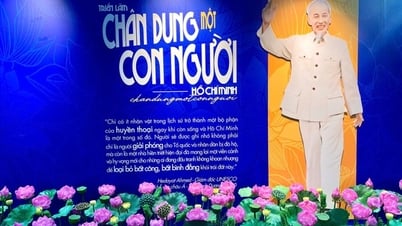
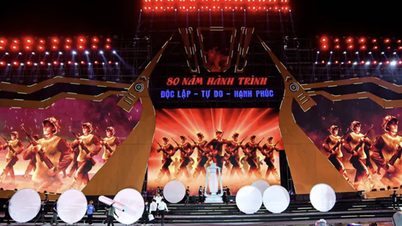
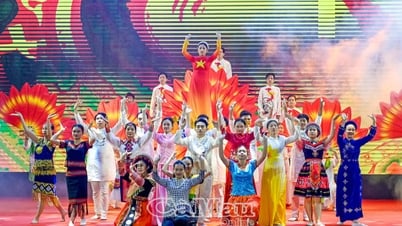


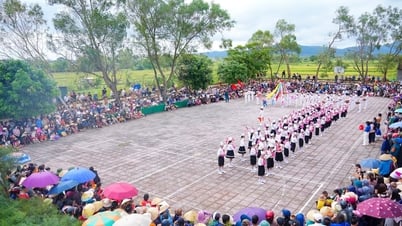





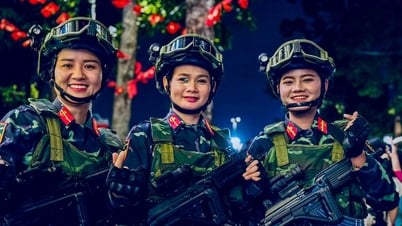
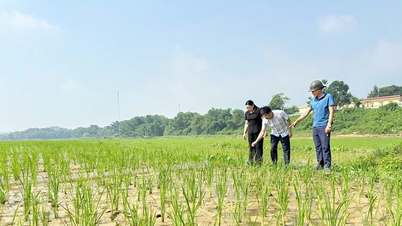

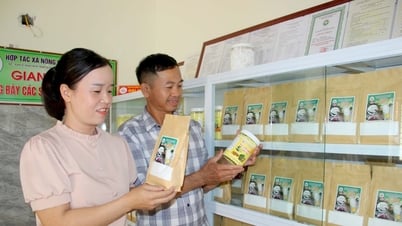
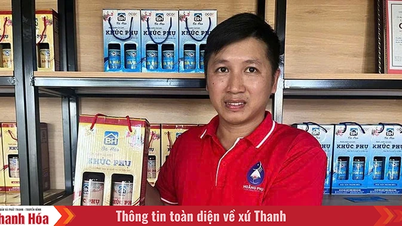


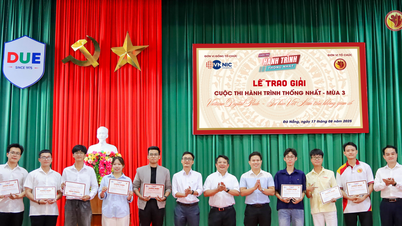

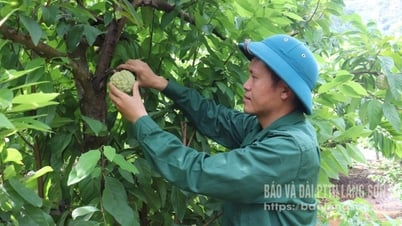




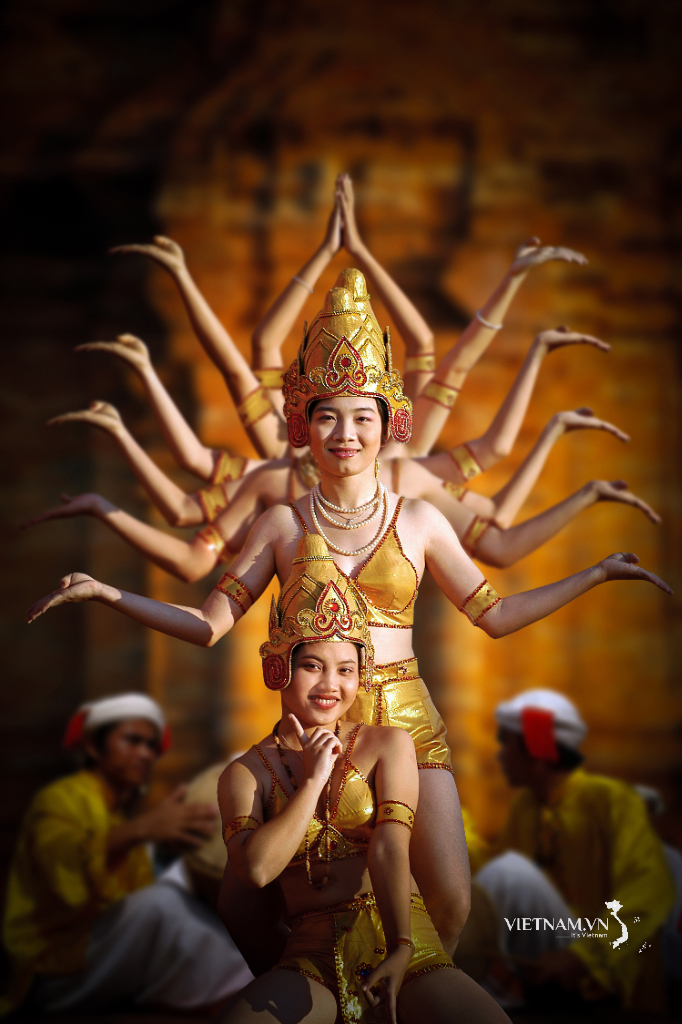
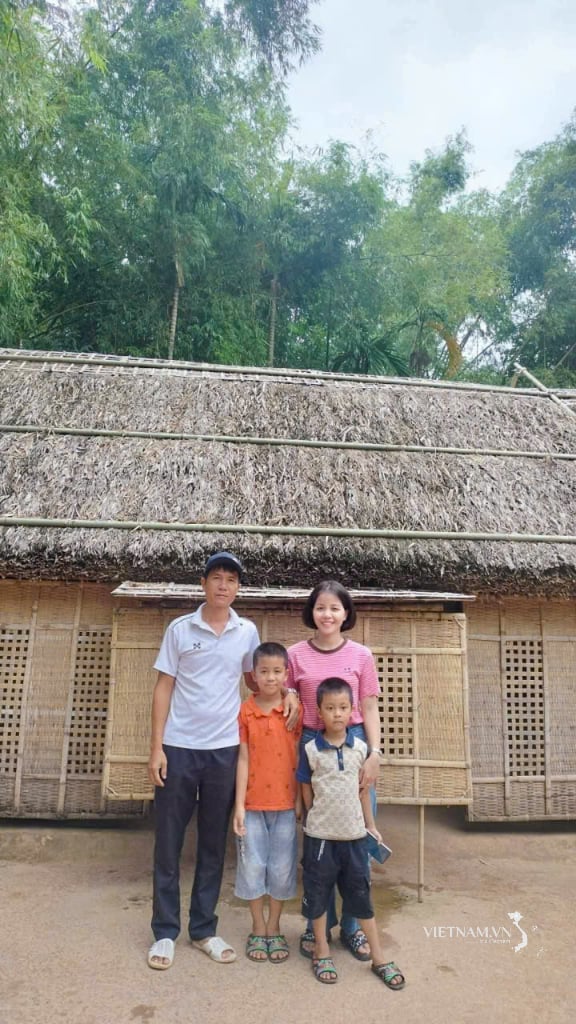
Comment (0)